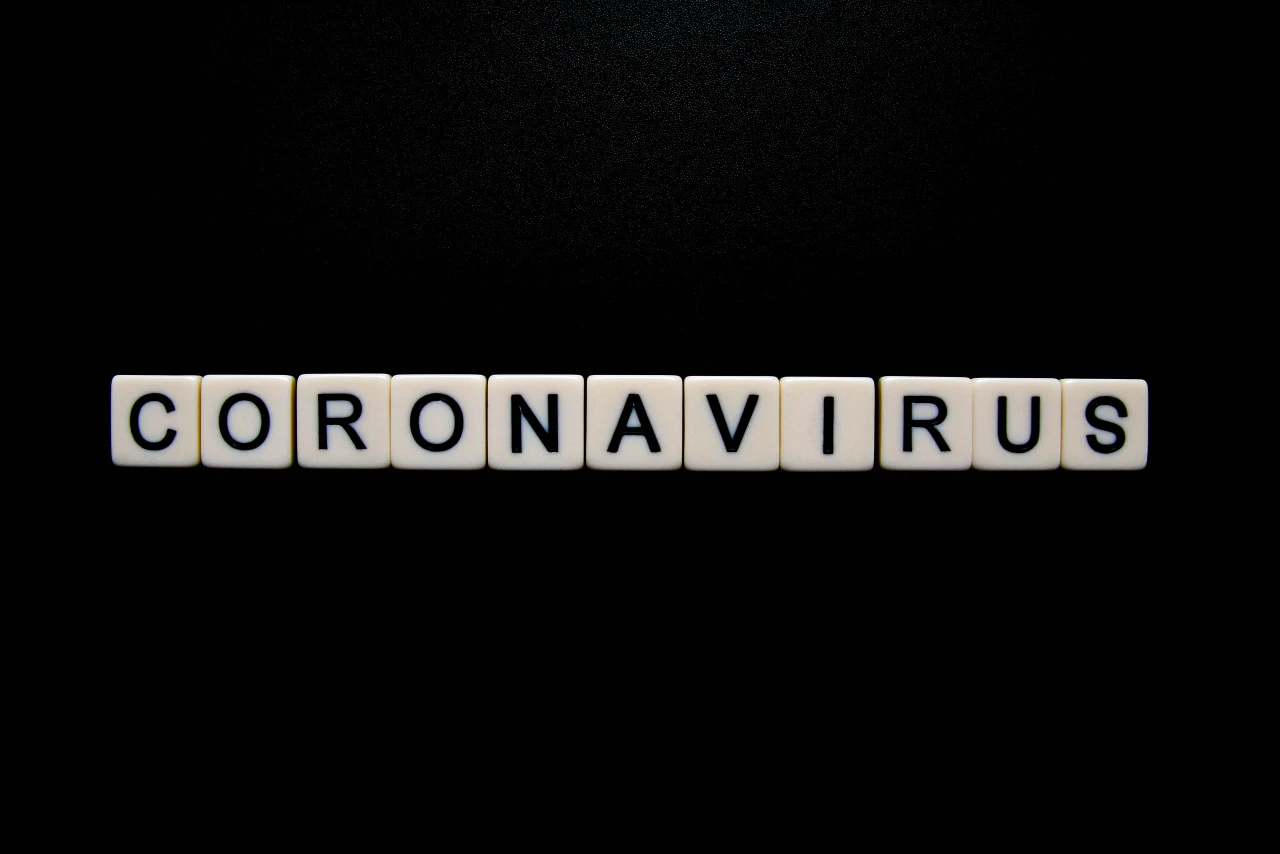Deported vets briefly cross border for vaccine as part of Biden admin effort to return them to U.S.
A number of deported U.S. military veterans were allowed by officials to briefly cross into the United States through a California port of entry this week to receive the COVID-19 vaccination, Border Report said. Among them was Alex Murillo, who was deported to Mexico by the U.S. nearly a decade ago.
“Even for the short time that we’re going to get across it’s very important for us. I’m excited, I want to get my vaccine,” Murillo said in the report. Deported veterans lose access to federal benefits they’ve earned through their service. The fact of the matter is that they’re not only owed care by the U.S. government after serving in uniform, but they’re also owed a return ticket home. This has been recognized through a number of actions announced by the Biden administration earlier this year.
The Biden administration in June formally announced an effort to bring back deported veterans, as well as deported family members. By being able to return to the U.S., veterans would again be able to access the benefits they earned through their service, the Department of Homeland Security (DHS) and Veterans Affairs (VA) said. When deported military veterans can’t access the benefits they earned, it can exacerbate medical conditions like post-traumatic stress disorder, which oftentimes led to their deportation in the first place.
“VA is also working to ensure all veterans, including deported veterans and their families, are vaccinated,” the DHS and VA continued in that June statement. Those vaccinations now appear to be rolling out, per Border Report. Miguel Hernandez, another deported veteran, was also vaccinated alongside Murillo. “The United States should take care of us not Mexico, Mexico has nothing to do with us, it’s the United States that’s supposed to take care of us,” Hernandez told Border Report.
Due to the federal government’s carelessness, it’s unknown exactly how many military veterans have been deported after serving their country. Some estimates say about 230 veterans; a June 2021 report released by Illinois senator and veteran Tammy Duckworth last month found 92 military deportations between 2013 and 2018. U.S. Deported Veterans Resource Center in Tijuana, of which both Hernandez and Murillo are members, estimates at least 1,000. Many immigrant veterans have in fact been doubly punished, deported after already serving their time for offenses.
Following gubernatorial pardons, lawsuits, and a relentless push from advocates, a number of deported veterans have won a return to the U.S. Deported veteran Hector Barajas in 2018 won a return to the U.S. nearly 15 years after his deportation, thanks to continued advocacy, legal action, and a pardon from former California Gov. Jerry Brown. The Biden administration has also returned a number of deported family members in recent months, like military spouse Alejandra Juarez and military mom Rocio Rebollar Gomez.
“To date, ICE does not maintain a thorough and complete database to track when immigrant Veterans are placed in deportation proceedings or actually deported,” Duckworth’s report said. The Washington Post reported in June the Biden administration’s effort could return “hundreds, possibly thousands, of deported veterans and their immediate family members.” This current effort to vaccinate deported veterans is also being rolled out with assistance of legislators including Rep. Juan Vargas, and House Committee on Veterans’ Affairs chair Mark Takano.
“They are no longer forgotten, they are being counted and they are being taken into consideration,” U.S. Deported Veterans Resource Center co-director Robert Vivar told Border Report. “The opportunity to enter the United States even for a few minutes, touch the soil of the country they were willing to die for through their military service is very emotional for them.” But that’s the very least of what the U.S. owes them.

